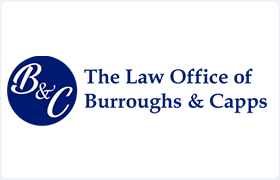 Heiskell Child Support Lawyers, Tennessee
Heiskell Child Support Lawyers, Tennessee
Sponsored Law Firm
-
 x
x

Click For More Info:
-
The Law Office of Burroughs & Capps
9111 Cross Park Drive Suite E-100 Knoxville, TN 37923» view mapDivorce & Family Law We've Successfully Helped Thousands
At the Law Office of Burroughs & Capps, you will receive the quality representation and personal attention that you and your claim deserve.
800-682-8380
Warning! No lawyers found in this specified area.
Lawyers
1-0 of 0 matches



 Bryan Capps Knoxville, TN
Bryan Capps Knoxville, TN Practice AreasExpertise
Practice AreasExpertise